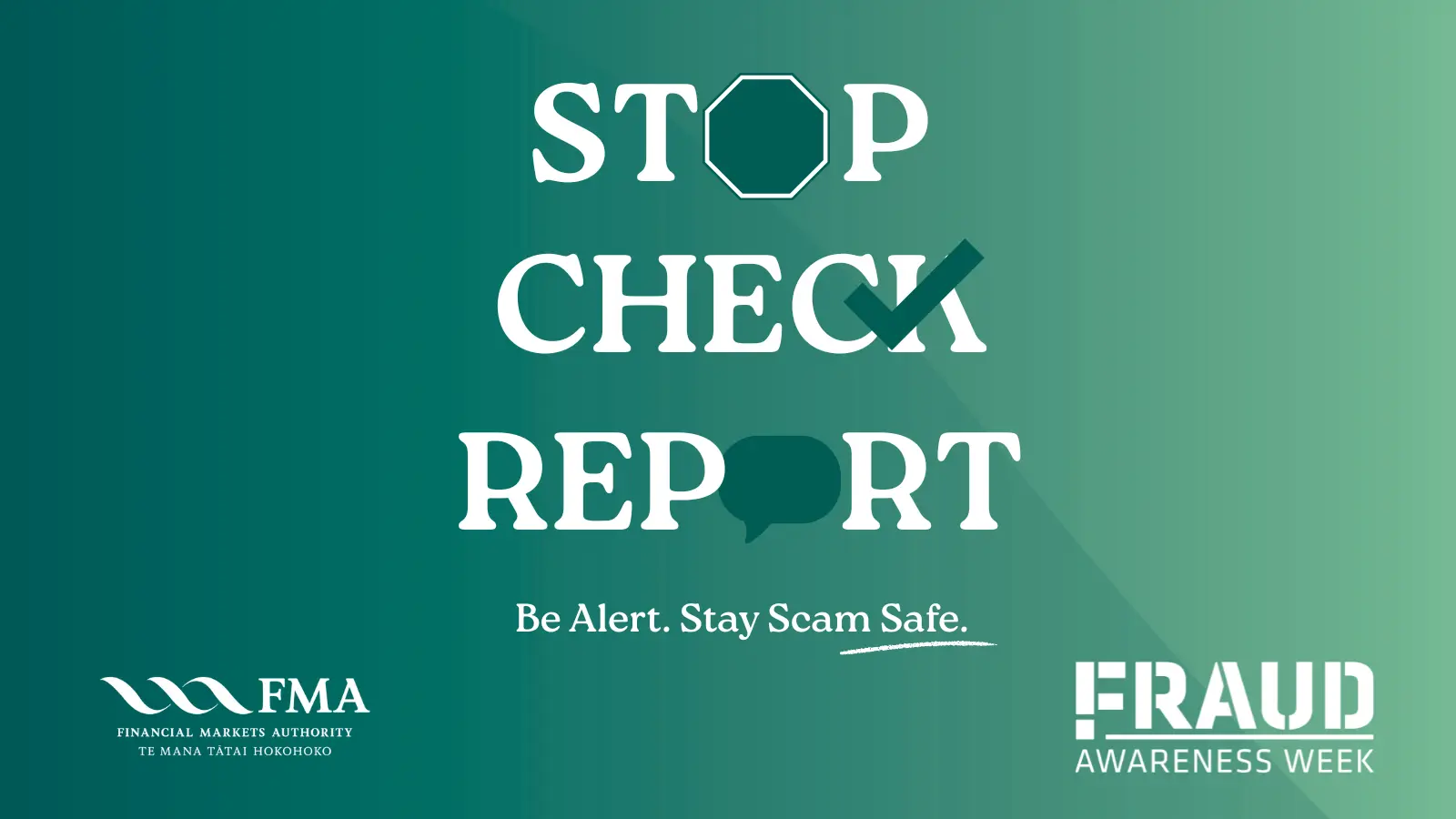-
Consumer
-
Investing
- Investing basics
- Deciding how to invest
- Ethical investing
- Managing your investment
- Online investing platforms
-
Types of investments
- Bank regulatory capital
- Binary options
- Bonds
- Cash investments
- Crowdfunding
- Cryptocurrencies
- Derivatives
- Exchange-traded funds
- Foreign exchange trading
- Gold and other commodities
- Investment software packages and seminars
- Managed funds
- Peer-to-peer lending
- Property investment
- Property syndicates
- Shares
- Wholesale investments
- Getting advice
- Everyday finance
- KiwiSaver & Superannuation
- Unregistered businesses
-
Investing
-
Finance professionals
-
Services
- Accredited bodies
- Administrators of financial benchmarks
- Auditors
- Authorised body under a financial advice provider licence
- Client money or property services provider
- Climate Reporting Entities (CREs)
- Crowdfunding service providers
- Crypto asset service providers
- Directors
- Derivatives issuers
- Discretionary Investment Management Service (DIMS)
- e-money and payment service providers
- Financial advice provider
- Financial adviser
-
Financial Institutions
- Financial Institution licensing
- Fair Conduct Programme
- Financial institution licensing FAQs
- Sales incentive FAQs
- Financial institution regulatory returns
- FMA letter sent to entities licensed under the Conduct of Financial Institutions regime (CoFI)
- FMA Letter to Insurers Regarding Incentive Structures and Fair Conduct Obligations
- FMA letter sent to banks and non-bank deposit takers regarding mortgage fraud
- Financial market infrastructures
- Independent trustees
- Interposed persons under the financial advice regime
- Managed investment scheme manager
- Market operators
- Offer disclosure for equity and debt offers
- Offers of financial products
- Peer-to-peer lending service providers
- Supervisors
- Focus areas
- Legislation
- Licensed & reporting entities
- Online Services
-
Services
- myFMA Document library
- About Document library
- News & Insights Document library
- Scams Document library
- Careers Document library
-
Contact
- When to contact us
- Make a complaint
- Official Information Act (OIA) requests
- Make a protected disclosure (whistleblowing)
- Frequently asked questions
Looking for information?

Use our AI search to ask us a question or use keywords to search for pages or documents.
Example: "How do I apply for a financial institution licence?", "FMA Annual Report 2024"

